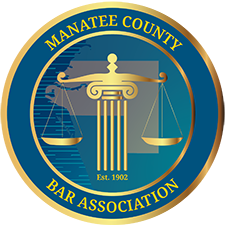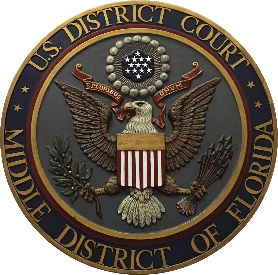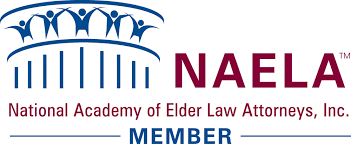The Importance of Planning Ahead and Decluttering
Effective estate planning is about more than just distributing assets; it’s a holistic process that involves setting clear goals, organizing important documents, and ensuring that your wishes are carried out with minimal disruption and maximum benefit to your loved ones.
Whether you’re a seasoned planner or just starting to think about the future, there are steps you can take to simplify the process and minimize potential headaches for your beneficiaries. We will discuss strategies and considerations to help you navigate this complex field with confidence and peace of mind.
Let’s delve into the essential tips and suggestions for planning ahead and decluttering your estate, ensuring that your legacy is managed effectively, your wishes are honored, and your loved ones are well-prepared to handle the responsibilities that come with it.
Start Early
Begin your estate planning process as early as possible. Procrastination can lead to rushed decisions and missed opportunities for effective planning. Estate planning isn’t just for the elderly or the wealthy – it’s for anyone who wants to ensure their wishes are respected.
Set Clear Goals
Identify your specific goals for your estate plan. This could include providing for loved ones, minimizing taxes, protecting assets, or supporting charitable causes. Clear goals will guide the planning process and help tailor solutions to your needs.
Organize Important Documents
Gather and organize important legal and financial documents, such as wills, trusts, deeds, insurance policies, and financial account information. Make sure you have easy access to these documents and inform trusted loved ones of their whereabouts.
Declutter and Simplify
Declutter financial and personal affairs. This can involve consolidating accounts, streamlining investments, and getting rid of unnecessary possessions. Simplifying your financial life can make it easier to manage and for heirs to navigate when the time comes.
Nominate Trusted Representatives
It is necessary to understand the importance of appointing trusted individuals to key roles, such as executors, trustees, and healthcare proxies, and understanding the responsibilities and potential complexities associated with these roles.
Regularly Review and Update
It is important to periodically review and update your estate plan, especially after significant life events, such as marriages, divorces, births, deaths, or changes in financial circumstances. Adjust as needed to ensure the plan remains relevant.
Communicate with Family
Facilitate discussions about the estate plan with family members. Open and honest communication can help prevent misunderstandings and conflicts after you are gone. Ensure that heirs and beneficiaries are aware of their roles and responsibilities in the plan.
Consider Tax Implications
Understand the potential estate tax consequences and strategies to minimize tax liability, such as gifting, establishing trusts, or taking advantage of applicable tax exemptions and deductions.
Consulting with an experienced estate planning attorney is key to assisting you to navigate the complexities of estate planning. Professional guidance can help clients make well-informed decisions and create a solid, legally sound plan. If you are ready to create your estate plan, or would like to make changes to your existing plan, we can help. Call 941-914-9145 to fill out our contact form and we will be in touch to schedule a meeting.






